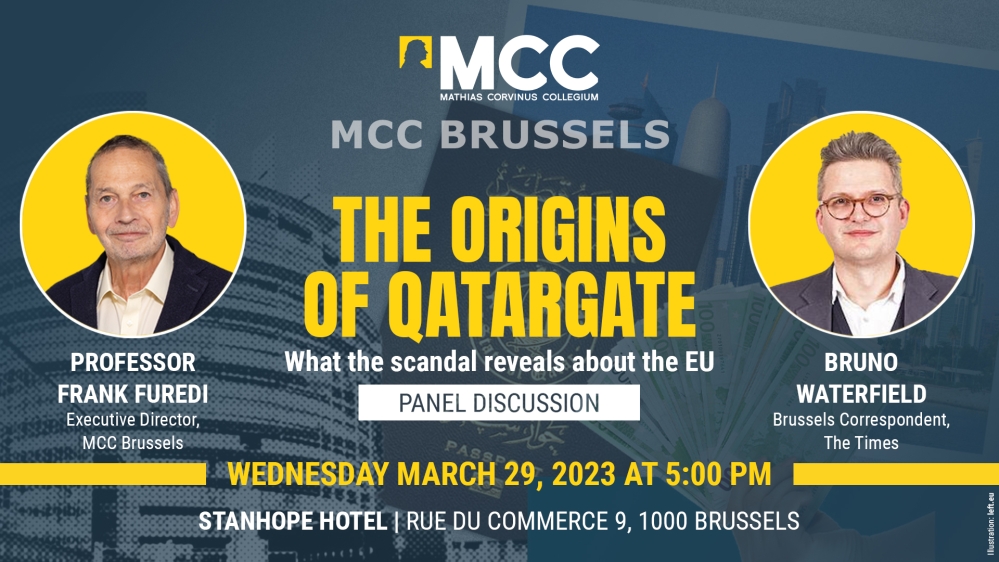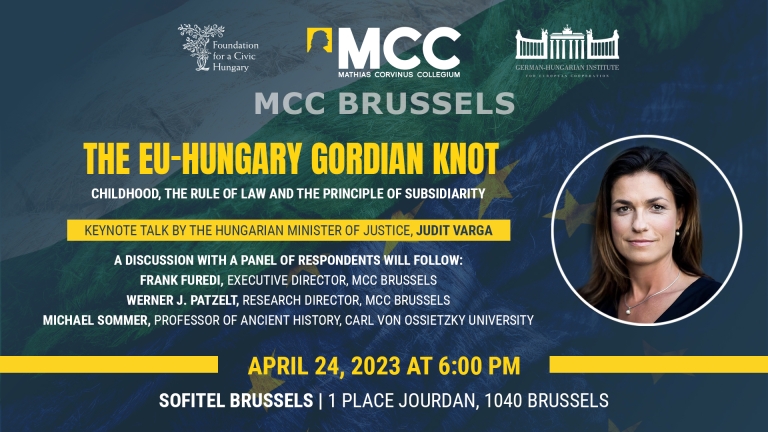WATCH THE VIDEO FROM THIS DISCUSSION HERE
The Qatargate scandal has rocked the EU to its core. Like the script of a spy movie, it involved elected officials, suitcases full of money changing hands, arrests, confessions, and the promise of more people to be named.
At the core of this allegedly lies Qatar, who are accused of using their financial clout to promote their own interests and secure favourable deals with the EU. But this is not merely about foreign actors. The scandal has revealed the shady networks of influence in which NGOs seem to play a central role. Some criticise the NGOs and demand much more transparency in their financing and activities. Opponents say this is a witch-hunt to shift blame away from the real problem.
When the corruption scandal first broke, the EU Commission reassured the public that they were protected from this type of undue influence and had stricter rules than the Parliament. Yet recent revelations have embroiled the Commission as well. Most shocking was the revelation of the high-ranking Commission official who had taken free trips with Qatar Airways while his department was negotiating the EU-Qatar Aviation agreement. To top this off, he was responsible for signing off his own conflict-of-interest application. At the heart of the scandal is the way in which senior EU officials seem to consider themselves above the law.
As Europeans, we need to get to grips with what is really behind Qatargate. Is this a few ‘bad apples’ or is something more fundamental at play? Has the EU’s response been adequate, or does it reveal the double-standards at play? What has it revealed about the role of NGOs? Are there more revelations to come?
Join MCC Brussels for a debate on this rapidly evolving issue, where all viewpoints are welcome.
Speakers
- Professor Frank Furedi, Executive Director MCC Brussels
- Bruno Waterfield, Brussels Correspondent, The Times

![20230321_Time for rigour[1].jpg 20230321_Time for rigour[1].jpg](/uploads/default/0001/01/thumb_449_default_medium.jpeg)
